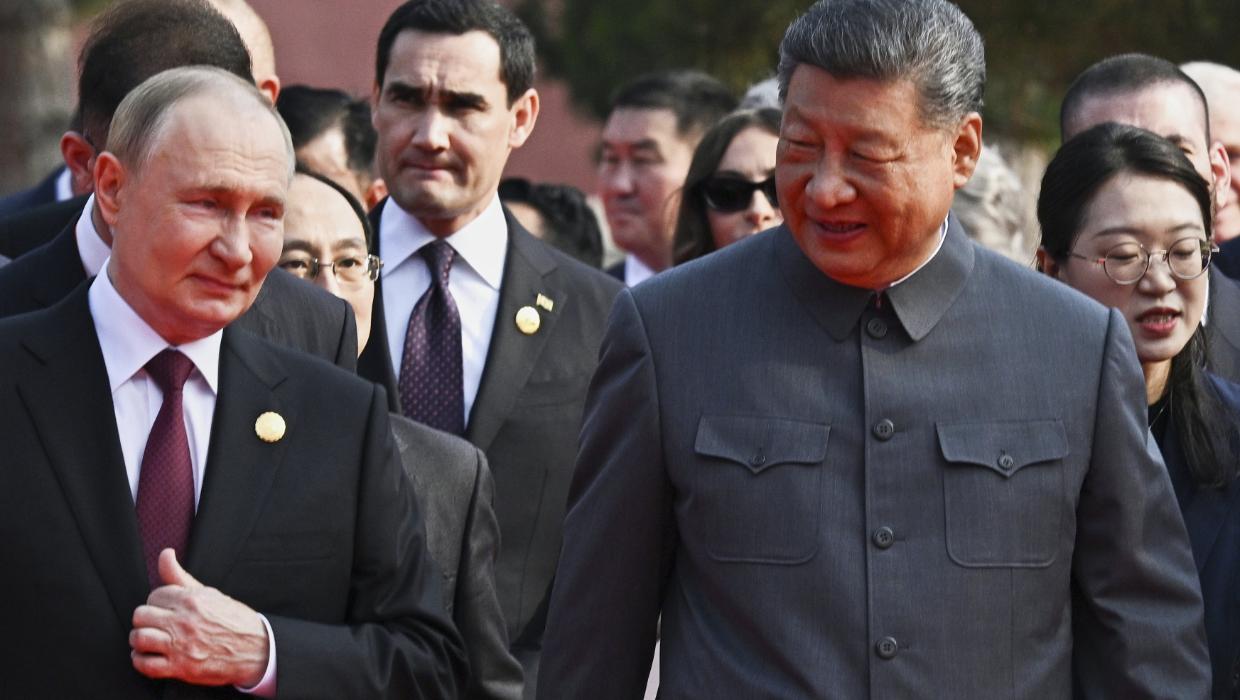Science
New Zealand’s NZ$1.7 Billion Bet on Longevity Sparks Debate

A staggering NZ$1.7 billion has been placed in bets on whether a human will reach the age of 150. This unprecedented wager reflects not only a growing interest in longevity but also significant advancements in medical science, particularly in the field of organ and tissue transplantation. Despite remarkable progress, the transplantation of the brain remains a critical exception.
As healthcare technology evolves, researchers and medical professionals are increasingly focusing on ways to extend human life. The potential for enhancing lifespan raises both excitement and ethical questions. Proponents argue that advancements in genetics, regenerative medicine, and artificial intelligence could soon make 150-year lifespans a reality. Yet, others caution against the societal implications of such extended life.
Advancements in Medicine and Their Limitations
The medical field has witnessed groundbreaking achievements in organ and tissue transplants, with procedures improving dramatically over the past few decades. For instance, the success rates of kidney and heart transplants have significantly increased, allowing many patients to lead healthier lives. Nevertheless, the brain remains a complex and largely uncharted territory in transplantation.
According to a report by the World Health Organization (WHO), while advancements in organ donation and transplantation have saved countless lives, the brain’s intricate structure and function pose challenges that are yet to be overcome. Issues such as rejection and the brain’s unique connections complicate the possibility of brain transplants.
This raises an important question: if humans can live significantly longer, what quality of life will they experience? The conversation surrounding longevity is not just about the number of years one can live but also the health and vitality during those years.
The Economic Stakes of Longevity
The NZ$1.7 billion wager highlights not only the fascination with extending life but also the potential economic implications. As the global population ages, industries such as healthcare, pharmaceuticals, and biotechnology stand to gain significantly. According to a study from the International Longevity Centre, the global longevity economy could be worth over USD 15 trillion by 2025.
Investors are keenly watching developments in this arena. Companies focusing on age-related diseases, longevity research, and regenerative therapies are attracting substantial funding. The financial stakes associated with achieving breakthroughs in longevity are enormous, with public and private sectors investing heavily in research.
While some view this wager as a speculative gamble, others see it as an indication of a broader shift towards valuing longevity. The implications of a society where living to 150 becomes commonplace would be profound, affecting everything from retirement planning to healthcare policies.
The ongoing discourse reflects a blend of optimism and caution. As society grapples with the potential of extended life, it is crucial to consider not only the technical feasibility of living longer but also the ethical, social, and economic ramifications that such a reality would entail.
-

 Sports1 month ago
Sports1 month agoNetball New Zealand Stands Down Dame Noeline Taurua for Series
-

 Entertainment1 month ago
Entertainment1 month agoTributes Pour In for Lachlan Rofe, Reality Star, Dead at 47
-

 Entertainment2 weeks ago
Entertainment2 weeks agoNew ‘Maverick’ Chaser Joins Beat the Chasers Season Finale
-

 Sports1 month ago
Sports1 month agoSilver Ferns Legend Laura Langman Criticizes Team’s Attitude
-

 Entertainment2 months ago
Entertainment2 months agoKhloe Kardashian Embraces Innovative Stem Cell Therapy in Mexico
-

 Politics3 weeks ago
Politics3 weeks agoNetball NZ Calls for Respect Amid Dame Taurua’s Standoff
-

 World3 months ago
World3 months agoPolice Arrest Multiple Individuals During Funeral for Zain Taikato-Fox
-

 Sports2 months ago
Sports2 months agoGaël Monfils Set to Defend ASB Classic Title in January 2026
-

 Entertainment4 weeks ago
Entertainment4 weeks agoTyson Fury’s Daughter Venezuela Gets Engaged at Birthday Bash
-

 Sports3 weeks ago
Sports3 weeks agoHeather McMahan Steps Down as Ryder Cup Host After Controversy
-

 Entertainment4 weeks ago
Entertainment4 weeks agoTyson Fury’s Daughter Venezuela Gets Engaged at Birthday Bash
-

 World3 weeks ago
World3 weeks agoNew Zealand Firefighters Plan Strike on October 17 Over Pay Disputes


















